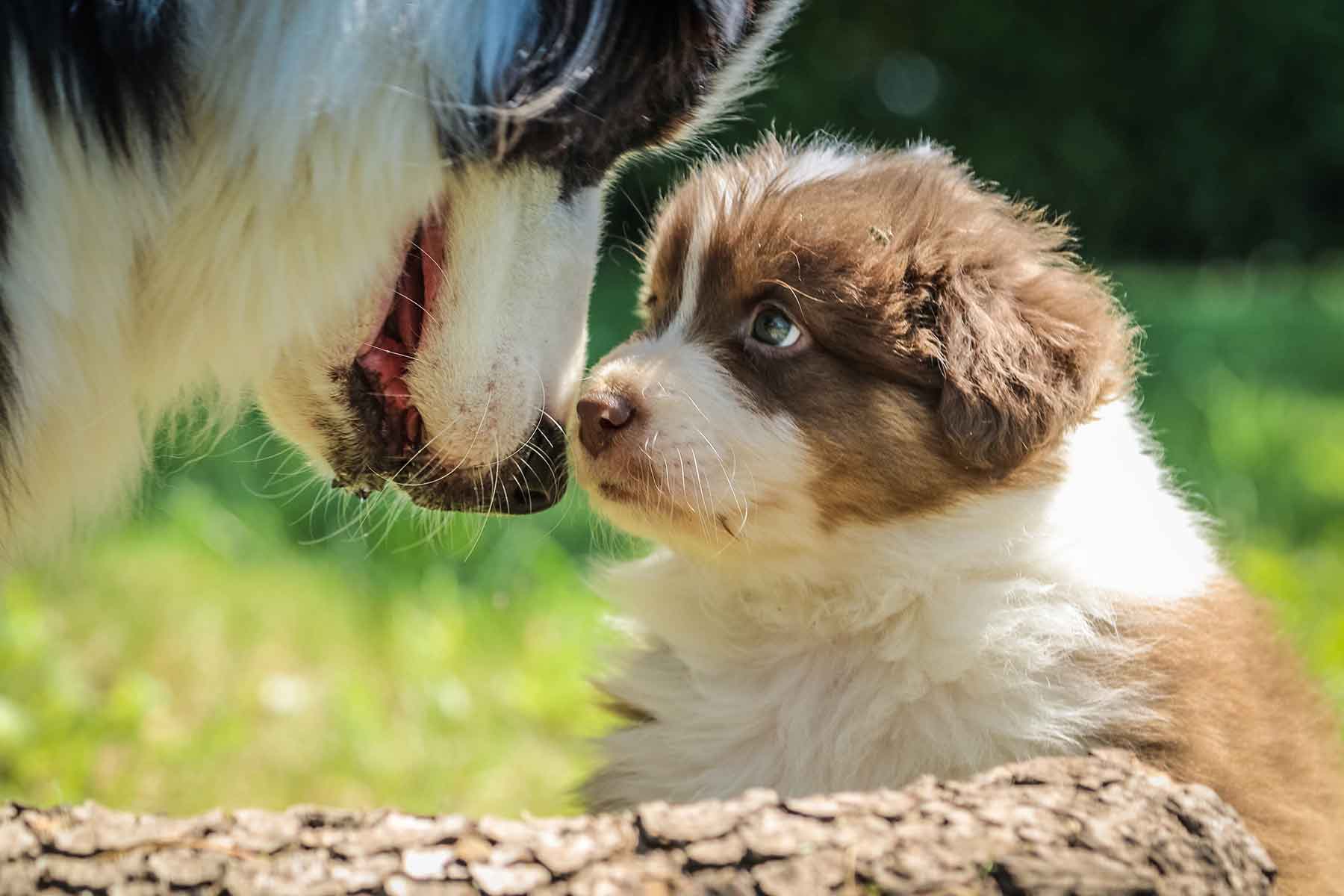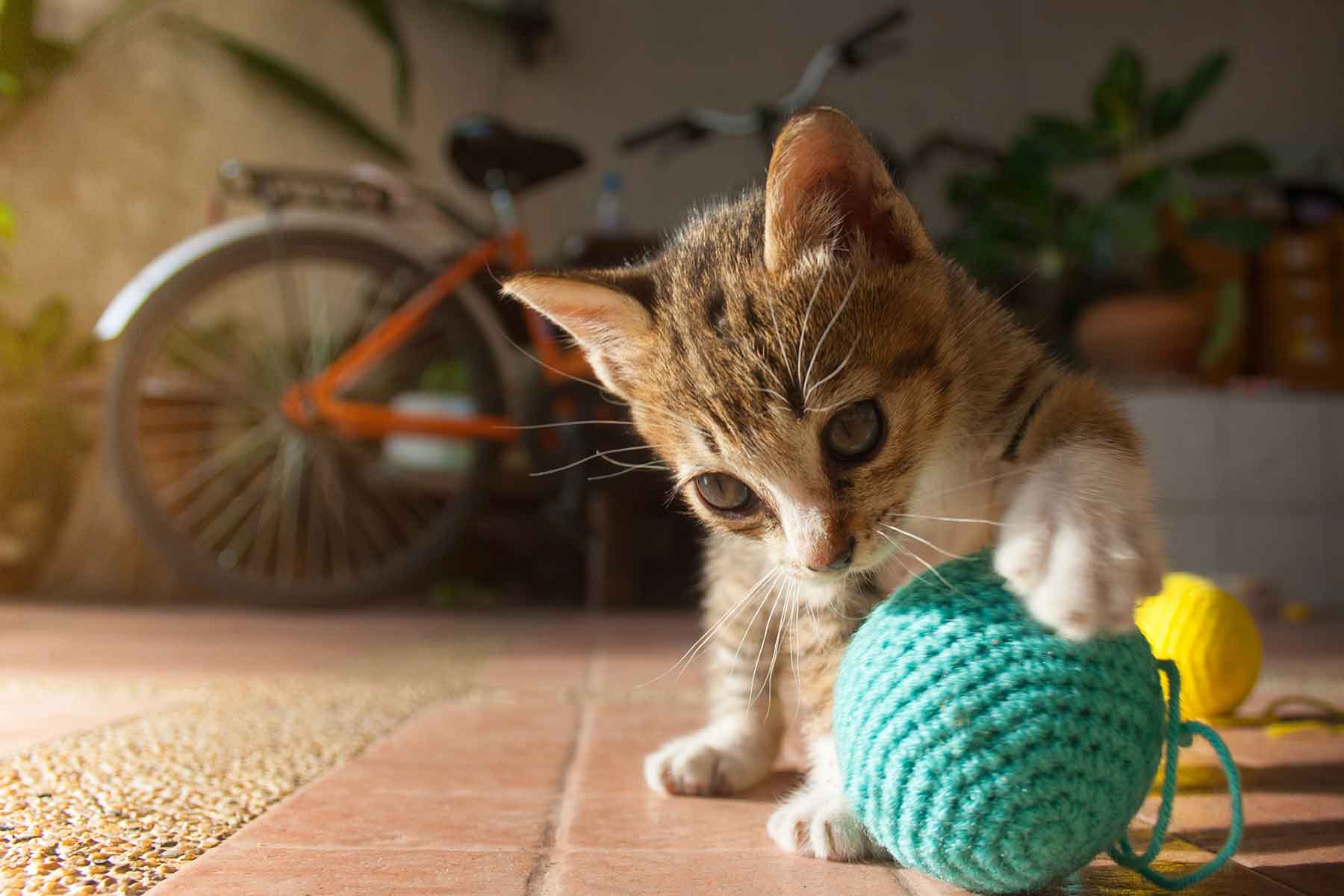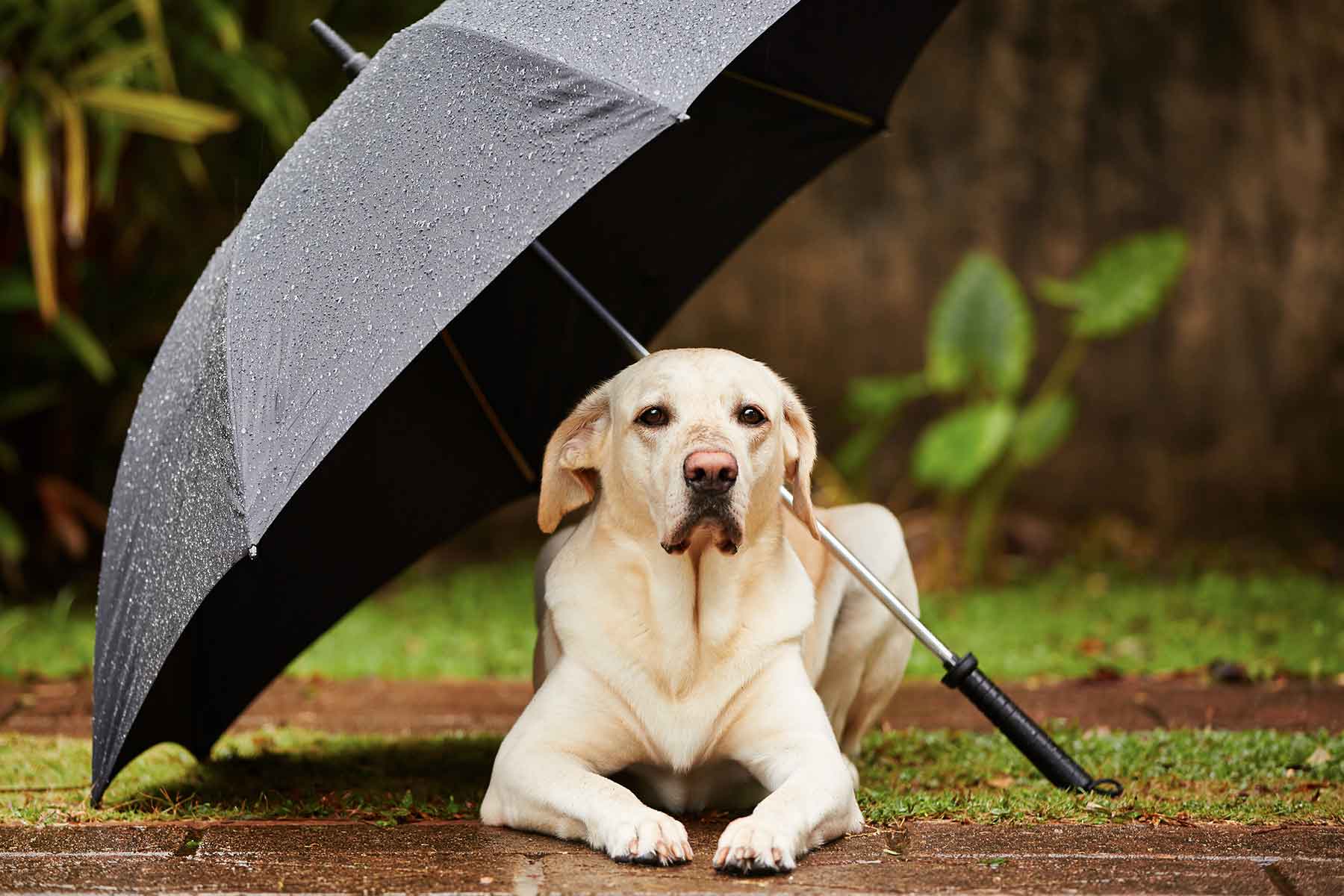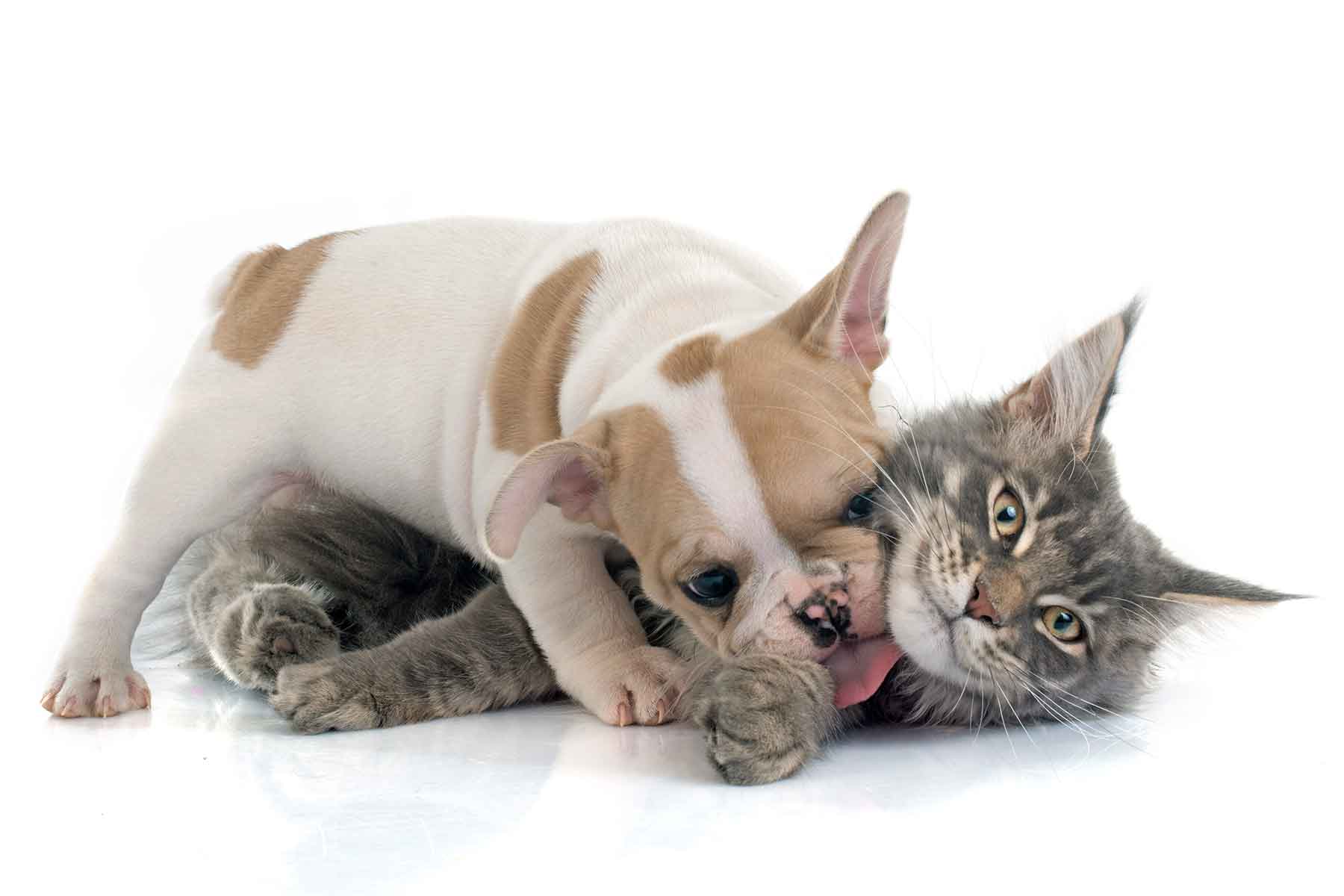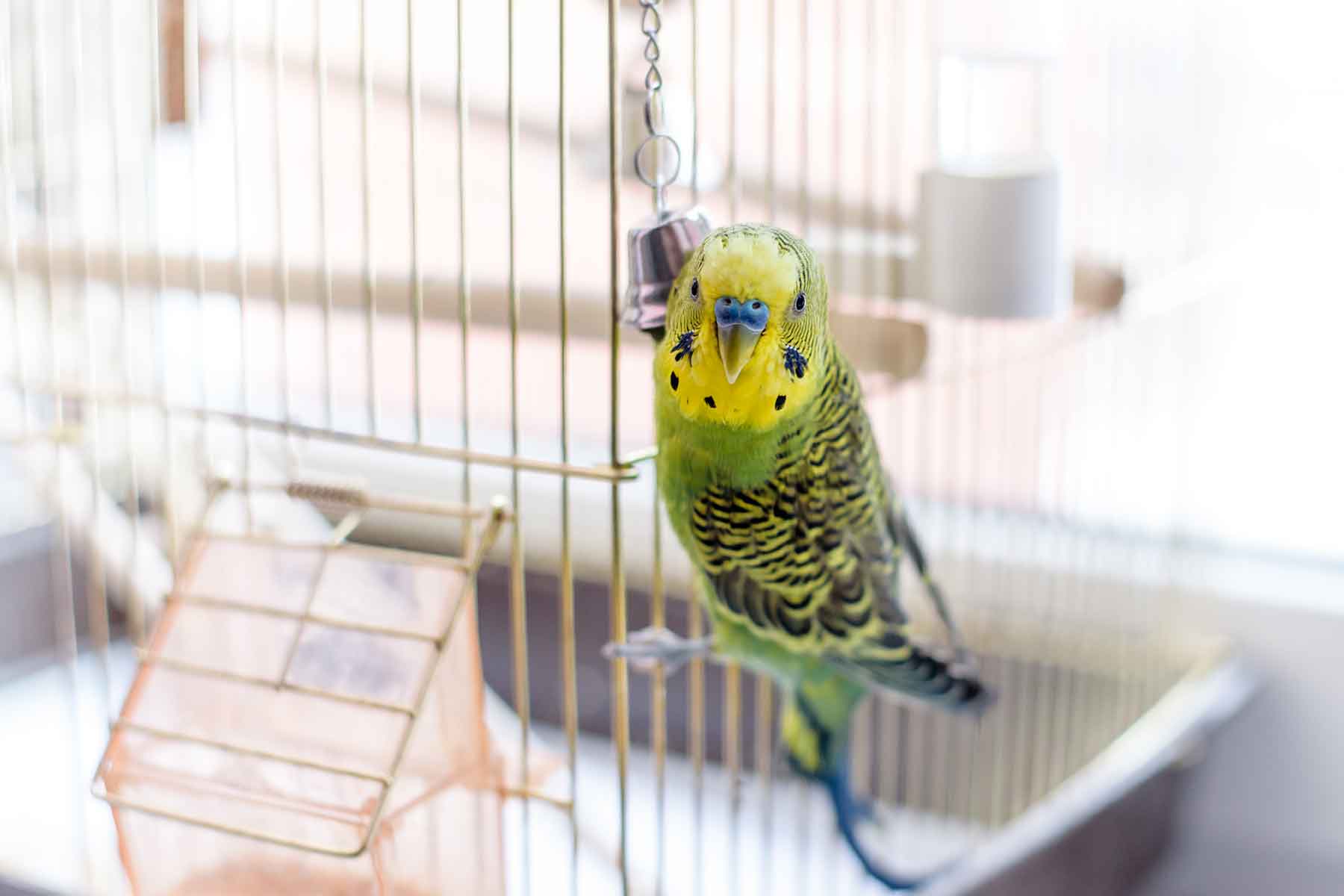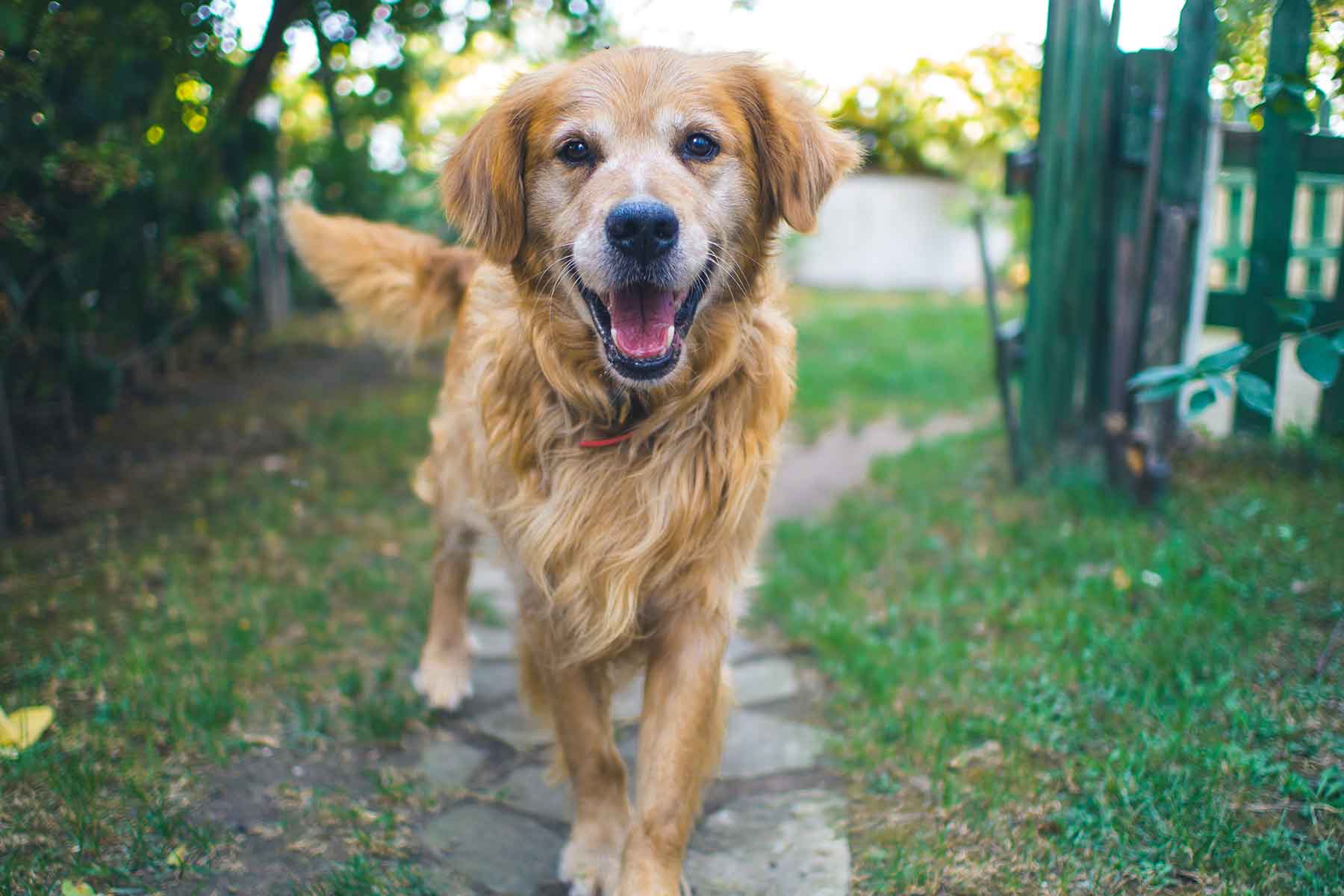Sneezing is a natural body mechanism in cats. The occasional bout of sneezing is generally nothing to worry about, however if the sneezing is persistent and/or is accompanied by other symptoms, veterinary attention is necessary to find the underlying cause.
There are many causes for sneezing, some of which are covered below.
What Causes sneezing in cats?
Allergies
Allergies generally cause skin problems in cats however they can also cause ‘hay fever’ like symptoms such as a runny nose, itchy eyes, and sneezing. Allergies can relate to something in the diet, something in the environment such as household cleaning products or more natural allergens such as pollen. If the sneezing occurs at a particular time of the year it may be the result of a seasonal allergy. i.e. pollen
Dust and airborne particles
Similar to humans, dust can cause a sinus irritation in cats. So if you are cleaning and dusting, renovating, using a heater or air conditioner for the first time in the season, using a wood fire place or there is generally more dust or airborne particles in the air, then this could be a cause.
Cigarette smoke
Cigarette and tobacco smoke is a common cause of respiratory problems in cats and can cause sneezing.
Dental problem
The roots of the teeth are located very closely with the sinuses and when the root of a tooth becomes infected or inflamed, it can cause drainage into the sinuses and lead to sneezing.
Infection
Your cat may have an upper respiratory viral or bacterial infection from another cat. Respiratory infections can have effects much like human colds and sinus infections and can be treated.
Nasal Cancer
Sneezing accompanied by blood may be a sign of nasal cancer or fungal infection.
How is sneezing in cats treated?
Treatment is aimed at addressing the underlying cause of sneezing and may include:
- Vaccination – is the best way to treat viral infections in cats but if your cat has already caught ‘cat flu’ (feline herpesvirus or calicivirus) in most cases supportive care is all that can be provided. This may involve fluid treatment for dehydration, force feeding if the cat is not eating, and removal of discharge from nose to assist breathing, and eyes.
- Dental treatment and possible removal of a tooth in the case of a dental abscess.
- Surgery (where possible), chemotherapy and or radiotherapy for cancer.
- If possible, the removal of the cause of the allergy.
- Antibiotics for bacterial infections.
- Antifungal drugs for fungal infections.
What to do if your cat is sneezing
If the sneezing is persistent it is important to see a veterinarian to ensure there is no underlying health problem such as an infection or allergy. If you are unsure and concerned about your cat please call one of our friendly healthcare team members and they can discuss your cat’s current health and wellness and provide further advice.

